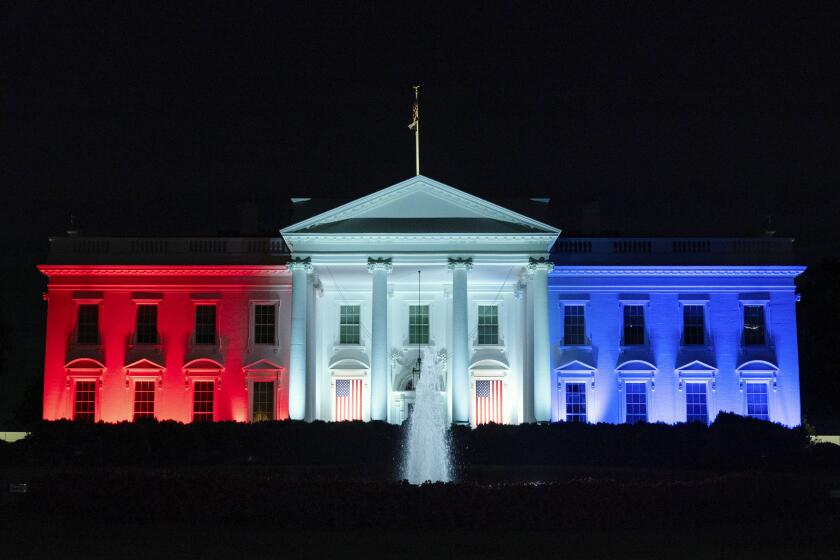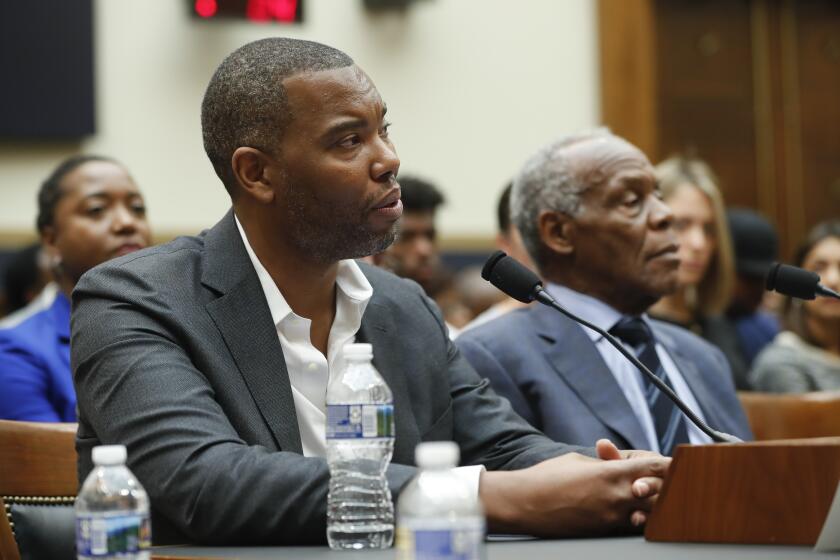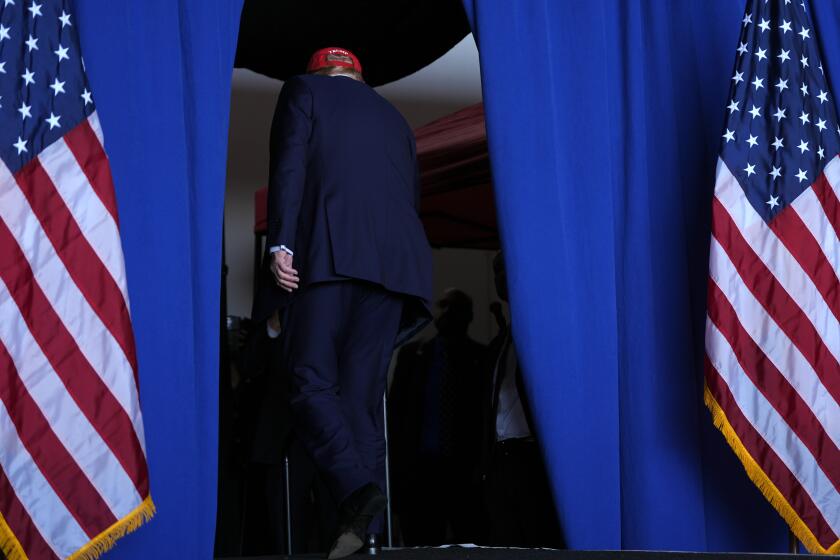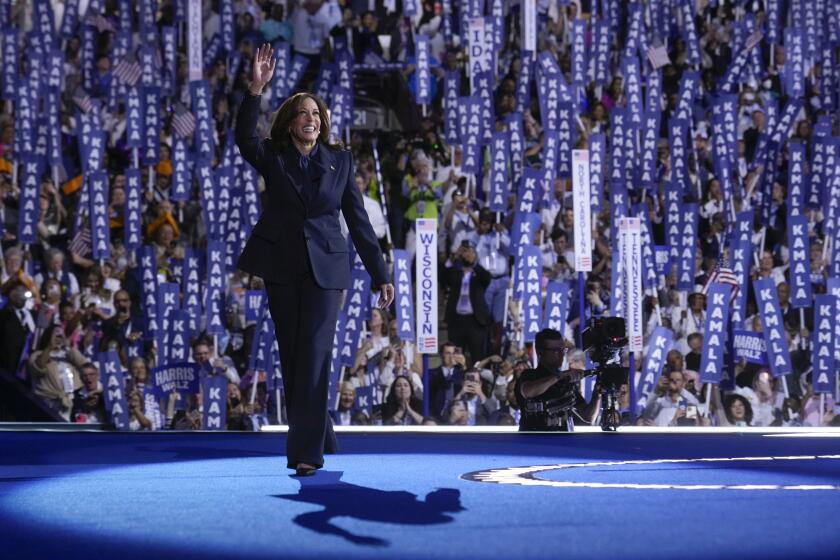Jonah Goldberg is editor in chief of the Dispatch and has been a Los Angeles Times Opinion columnist since 2005. He holds the Asness Chair in Applied Liberty at the American Enterprise Institute. He was previously senior editor at National Review, where he had worked for two decades. He is a weekly columnist for The Times, and a CNN contributor. Goldberg appears regularly on NPR’s “Morning Edition” and is the author of three New York Times bestsellers, the most recent of which is “Suicide of the West.” He lives in Washington, D.C.
Latest From This Author
In theory, Trump could solidify and build on his winning coalition, but that would require disappointing the people insisting he has a mandate to do whatever he wants.
I’m a critic of the former president, but I’m also a conservative who believes the vice president is an underwhelming candidate who is wrong on a number of issues.
This election reflects the fact that Republicans and Democrats have both become minority parties relying on base voters instead of a decisive electoral majority.
The author of ‘The Message’ insists on moral clarity about Israeli oppression, but the threat from Hamas and others is clearer than anything else in the conflict.
If Kamala Harris defeats the former president, a struggle for the GOP would ensue. But there are reasons to be hopeful about the party’s future.
In calling Kamala Harris ‘mentally disabled’ and immigrants ‘animals,’ the former president may be trying to motivate an often-overlooked segment of the electorate.
Goldberg: Why the next president — whether it’s Donald Trump or Kamala Harris — won’t have a mandate
Presidents since Andrew Jackson have claimed special authority from the nation’s voters to enact their agendas. The Constitution grants nothing of the kind.
Trump and his defenders aren’t against allegedly violence-inciting rhetoric, they’re against such rhetoric deployed against Trump. When it targets Biden and Harris it’s just fine.
The former congresswoman has been a courageous critic of Donald Trump. But papering over Republicans’ policy differences with Democrats is a mistake.
The Democratic National Convention featured the usual rhetoric about unifying Americans, but the Constitution is designed to foster productive disagreement.










